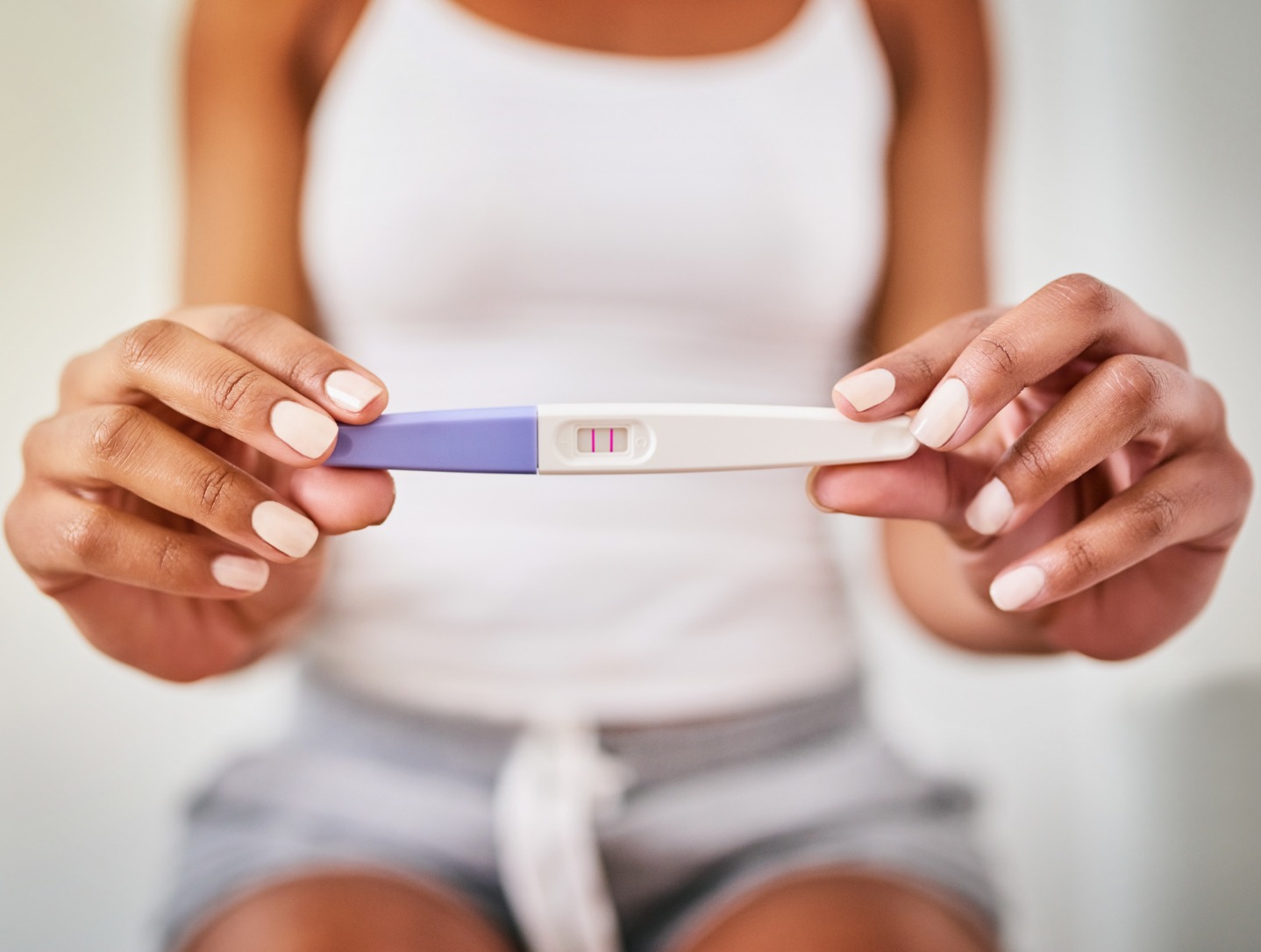Written by: Dr. Lauren Sundheimer, a board certified reproductive endocrinology and infertility specialist at CCRM Fertility of Newport Beach
You may have had your tubes tied because you thought you didn’t want any more kids, but now you’ve changed your mind. The good news is, you still have options when it comes to getting pregnant after a tubal ligation.
If you’ve had a tubal ligation or “had your tubes tied,” you might choose to have it reversed in order to get pregnant again, or you might choose to do in vitro fertilization (IVF). Here’s what your options are for treatment, as well as what you need to consider when it comes to making a decision.
How Does IVF Work If Your Tubes Are Tied?
During a tubal ligation, the fallopian tubes are surgically sealed, cut, or removed altogether, which prevents an egg from traveling down into the uterus or sperm from traveling up the tubes. Since fertilization can’t take place, pregnancy can’t occur. With IVF, the eggs are surgically removed from the ovaries and are fertilized in the lab. Then, the embryo is transferred to the uterus during a separate procedure.
What is the IVF Process
After undergoing fertility testing and meeting with your CCRM Fertility doctor, you’ll create a treatment plan that is personalized for your situation. Next, you will being daily injections of hormones to grow multiple follicles, which are the sacs within your ovaries that contain an egg. As your follicles grow, you will have regular monitoring appointments at the clinic, in which you’ll have bloodwork and an ultrasound to see how your ovaries are responding to the medication. When your follicles have matured, you’ll have undergo a procedure where your eggs will be surgically removed from the ovaries. The mature eggs then will be fertilized in the lab with your partner or a donor’s sperm. The resulting embryos will either be transferred to the uterus or can be frozen for later use.
Can You Get Pregnant with IVF if Your Tubes Are Tied?
There are certain factors that might make IVF an option for you, if you had your tubes tied.
- Age: IVF tends to be more successful when you’re younger. However, if you’re over 37, IVF might work better than a tubal reversal since your egg quality starts to decline in your mid-thirties.
- If your fallopian tubes were damaged during tubal ligation: Scar tissue can cause more difficulty in conceiving. In IVF, an egg wouldn’t pass through these tubes, so if there was scar tissue, it wouldn’t affect your ability to get pregnant.
Difficulties conceiving in the past: If you have other fertility conditions, such as endometriosis, that make conceiving on your own challenging, you might consider IVF.
Tubal Ligation Reversal
About 1 percent of people choose to have tubal ligation reversal (or “tubal reversal surgery”). Most tubal reversals are done laparoscopically. For this, your doctor will make small incisions in your abdomen and use a scope to help reopen and reconnect the sections of the fallopian tube that were blocked or cut. You will be put under general anesthesia for this. Your fallopian tube will be stitched back together and will make sure they have completely sealed again.
Several factors make you a good candidate for a tubal reversal. Your chances of pregnancy success depend on:
- Age: The younger you are, the better the chances you have to get pregnant on your own.
- Remaining fallopian tube quality: The tubal reversal will be more successful the more intact your tube is. A prior c-section should not impact the success of a tubal reversal. Scar tissue from prior surgeries including a cesarean section can also impact success. Scar tissue in your tube can increase the risk for an ectopic pregnancy.
- Other reproductive conditions: If you have endometriosis or polycystic ovary syndrome (PCOS), it could be more challenging to get pregnant on your own.
If pregnancy hasn’t occurred after six months of actively trying to conceive, let your doctor know. You may need additional testing to make sure your Fallopian tubes are clear.
Which treatment option is right for you?
There’s a lot to consider when you want to get pregnant again after your tubes are tied. Your age, other health conditions, how many more children you want, and costs of treatment are important to think through in order to make the best decision for your family. Your doctor is there to help guide you and answer your questions.
If you are considering getting pregnant after having your tubes tied, talk to a CCRM Fertility specialist to go over your options for your future.


